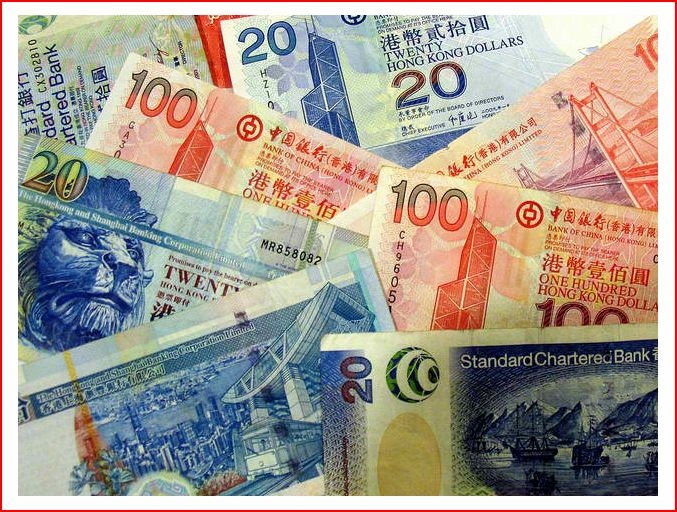
Higher interest rates to besiege domestic demand
Overall negative impact can be contained, though.
It is expected that higher interest rates will weigh on domestic demand and pose downside risks to economic growth.
According to a research note from Bank of America Merrill Lynch, interest rate increases could affect private consumption and investment through wealth and balance-sheet effects.
Here's more from Bank of America Merrill Lynch:
However, the overall negative impact is likely to be contained due to relatively strong household balance sheets and solid fiscal positions. We maintain our below-consensus GDP growth forecast for 2016 at 2.0%.
Monetary conditions in HK have tightened recently as the HKD moved towards the weaker end of the band under increasing capital outflow pressures. Aggregate balance, which is the sum of balances in the clearing and reserve accounts maintained by commercial banks with the central bank, is the most visible and readily available daily indicator of fund flows. As of 25 January, aggregate balance declined by HK$21.0bn since the end of last year.
While this was mostly matched by a HK$20.6bn increase in the outstanding Exchange Fund Bills and Notes, it nevertheless signals that the capital tide has reversed from the robust inflows seen in late-2015. The tightening in monetary conditions is also evident in the interbank rates. The benchmark interest rate, 3M HIBOR, has jumped 30bp to 0.697% since end-2015, which overtook the 3M LIBOR on 21 January.
Our strategy team believes downside risks to China s growth and deterioration in global risk sentiment can exert upward pressure on HIBOR. As a result, our strategists have revised up their year-end 2016 3M HIBOR forecast to 1.90% from 1.45% previously.






















 Advertise
Advertise







